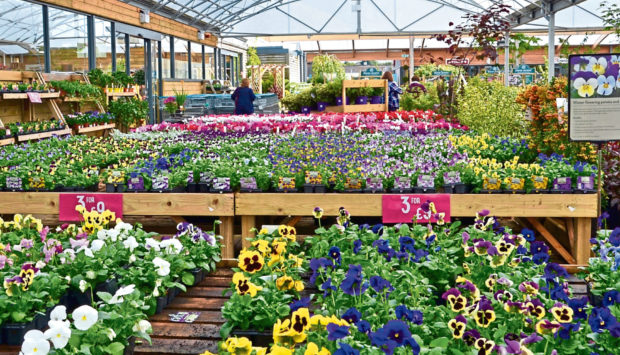After a shaky start the EU has agreed a package of financial measures to help France, Spain and Italy – the countries worst hit by the coronavirus crisis .
The first tranche of funding will be 500 billion euro in direct aid and soft loans, and agreement is in place for a similar amount for future programmes to rebuild economies.
This has headed off concerns that lack of action threatened EU unity, and should counter pressure in the worst affected countries to leave the EU, on grounds that it has demonstrated solidarity.
Meanwhile European Commission officials have dismissed as ‘fantasy land’ claims from Downing Street that regardless of the coronavirus crisis the UK will leave the EU in December, with or without a trade deal.
With export markets collapsed globally, it is hard to see how this could be possible without driving an already weak UK economy even deeper into recession. It is a decision that will test the battle between political ideology and economic literacy at Westminster.
The European Commission has told member states to use rural development funds in the Common Agricultural Policy to help farmers with the fallout from the coronavirus crisis.
Every day is bringing fresh reports of parts of agriculture being devastated by unexpected consequences of the lockdown.
The plants and nursery stock sector has lost all its markets because garden centres and other outlets are closed right at the peak of their selling season.
Red meat is being hit hard by the closure of restaurants across Europe, and the dairy sector is seeing export markets for products like milk powders disappearing by the day.
There is a growing sense that these will be medium term challenges, rather than short term issues that will be resolved when lockdown measures are eased.
Some national government are putting in place direct schemes to help farmers, but with markets obliterated no governments have the resources to offset the impact. This was confirmed this week by the World Trade Organisation which said global trade would plunge between 13-32% as a direct result of the coronavirus crisis, stressing that in seriousness and duration this would dwarf the impact of the 2008 financial crisis.
The focus of the Commission and national governments is entirely on the coronavirus crisis.
There is no sense that business as normal is possible, or will be for some time, but legislation and findings already in the pipeline are emerging.
New EU regulations have come into force on dual labelling, designed to stop member states using the final processing location of a product to hide the source of the ingredients. This must now be disclosed, which should prove a boost for farmers.
The EU ombudsman has rejected a complaint of a lack of scientific independence in a report on the agrochemical industry which is a gain for agriculture and science.
Meanwhile consumer groups are pressing for progress to be maintained on the EU’s Farm to Fork strategy, despite the virus.
This is unlikely and the entire Green Deal, of which it is part, will look increasingly impractical and unaffordable as the focus moves from climate change to post-coronavirus economic reconstruction.










